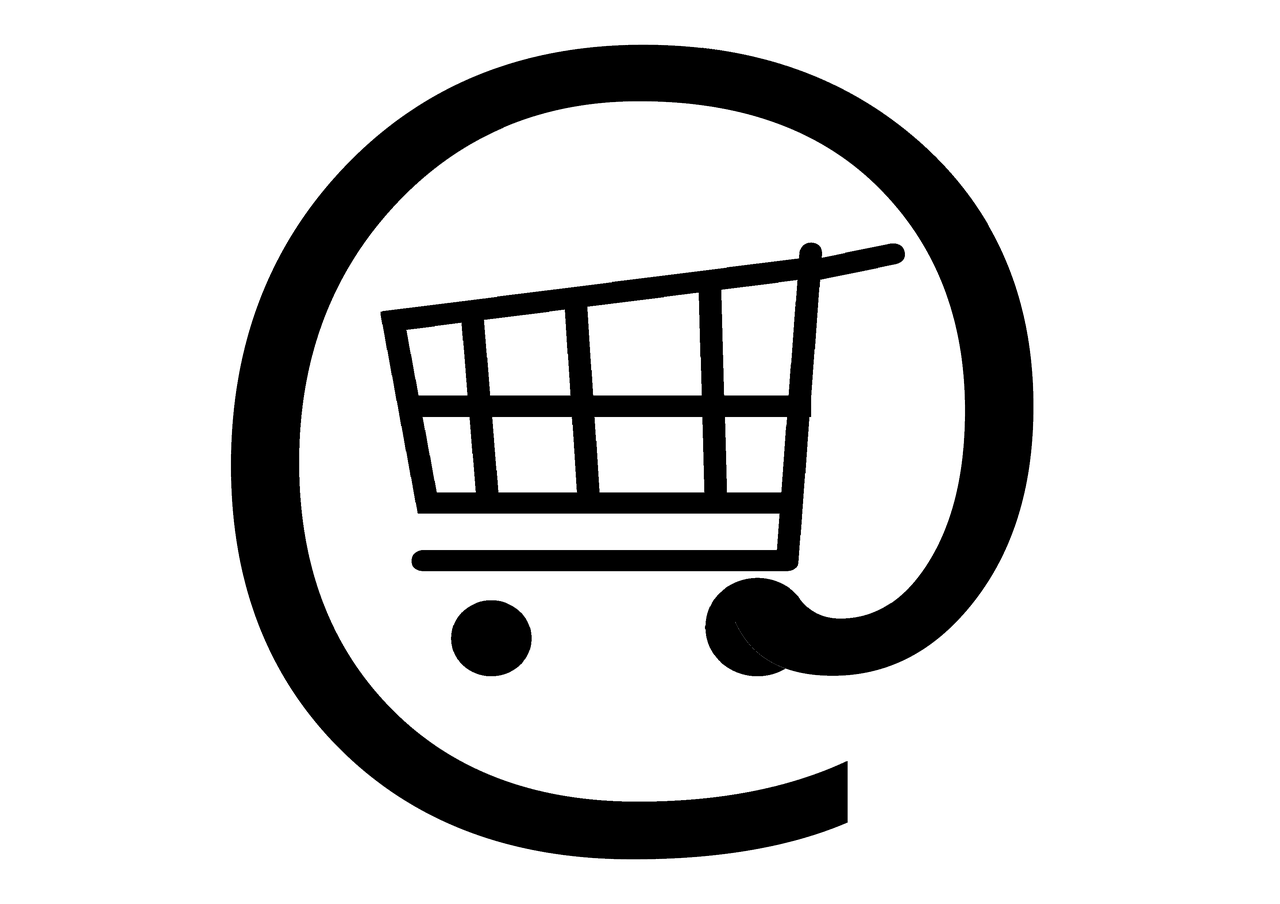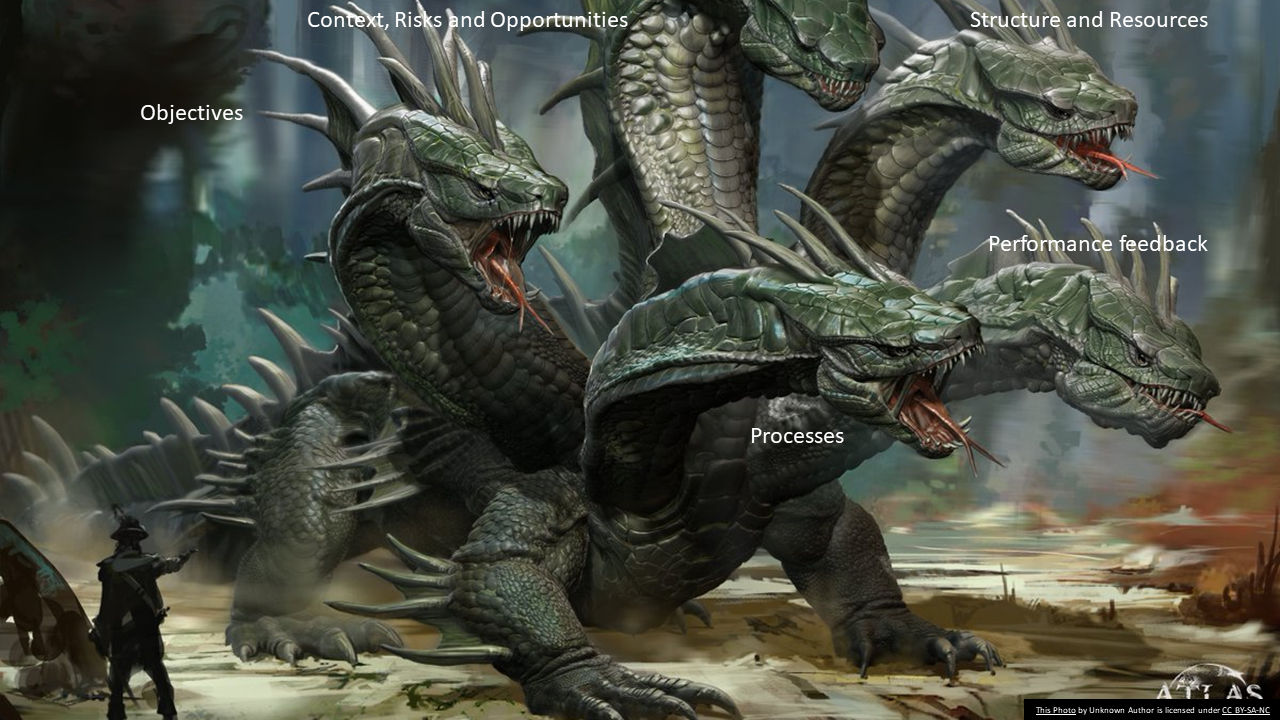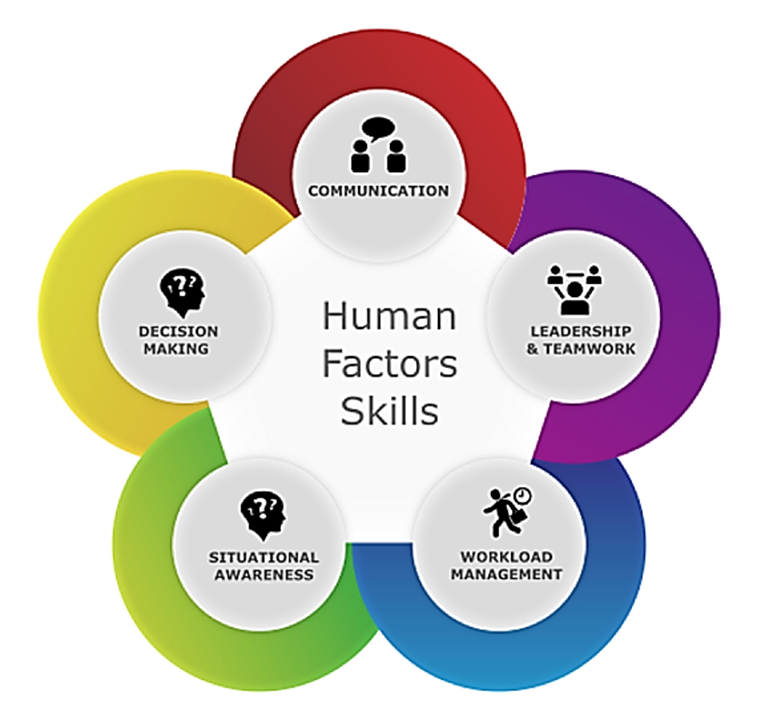AOQ Shop
Welcome to the Australian Organisation for Quality, the national association for people who work in quality.
We help our members achieve personal and professional excellence in their roles and interests in quality.
AOQ is Australia’s national quality member organisation. It’s led by members, for members – quality practitioners like you. AOQ provides connections with like-minded people, engagement with people for whom quality is a passion. Professional support to help you be your best. Information you can rely on. Resources you can call on.

Webinars
These webinars were paid events. Click through using the purchase link to obtain a password for access. Those who paid at the time will have already received their password for the replay.
WEBINARS
There’s a view many people have, that in an ISO 9001 Quality management system, you don’t have to worry about compliance to legal requirements. Or not much anyway.
In this webinar, Jeff Ryall dispels that myth, and shows how ISO 9001 places legal requirements right at the core of your management system.
This webinar explores the kinds of legal requirements you need to consider, their place in the process approach, and how to implement legal compliance into your ISO 9001 system in a way that’s both simple and effective.
PRESENTER – Jeff Ryall, AOQ Director & RelianSys® founder
Jeff Ryall is widely regarded as one of Australia’s thought leaders in Quality Management, with special emphasis on Governance automation and best practice application. His deep experience and accomplishments in the Quality field, with particular focus on risk and compliance management enable him to speak with authority and insight on this subject area. Working with leaders and managers in the highly regulated sectors across Australasia and beyond, he guides people to transform their approach to strategic and operational governance. How? By embracing a holistic approach integrating strategy, culture, and process.
He established RelianSys to provide the missing component of good governance – effective automation tools that enable strategy to be actioned, culture to be strengthened, real visibility to be obtained, and productivity to be achieved. Literally, transforming governance.
Jeff’s experience in governance, compliance, and risk, in the government, commercial and not-for-profit sectors spans around 35 years.
He’s involved in lots of ways to influence the strengthening of Governance capability in Australia, including as past President and current Director of the Australian Organisation for Quality, and as AOQ’s representative on the Governance Technical Committee of Standards Australia.
Jeff has co-authored or contributed to 4 books on the subject, including the popular “Quality Systems Handbook”.
Are you concerned that your organisation’s current methods of assessing Risks and Opportunities are not reliable, consistent and adequate processes to provide better informed decision-making?
This webinar reveals and explains practical “hacks” or tips for improving R&O assessment approaches and “how to” tools which you can integrate with, or replace some of your existing R&O Management processes. You will learn practical tools which address a range of issues – including
- how to avoid pitfalls when facilitating or participating in an R&O Assessment
- using the Delphi Technique in team assessments
- factors affecting under – / over – estimating likelihood / probability
- who needs to be members of a risk assessment team
- how to better understand and distinguish between incidents, risks, opportunities
- eliminate arguments about severity / magnitude of consequences
- demystifying ROBT Risk & Opportunity Based Thinking
- clarifying the relationships between risk/uncertainty and opportunity/certainty
- models for understanding Uncertainty and Complexity
- the types & values of verbal and graphical R&O descriptions, statements and questions
- analysis of effectiveness of existing risk controls / opportunity enablers BEFORE estimation of current residual Likelihood.
- the use of sequential levels of risk estimation – qualitative / semi-quantitative / quantitative
- the nature & benefits of essential communications before / during / after an R&O Assessment
PRESENTER – Jim Whiting
J.F. (Jim) Whiting
MSc (Biophysics) Dip Ed, [Qld]; MSc (Biomedical Engineering), [Surrey UK]; CPEng, MACPSEM, NER
Currently
Partner & Risk Engineer, Soteris Pty Ltd
Formerly
Senior Lecturer Medical Physics & Bioengineering QUT
National CEO National Safety Council of Australia
National Chair, Risk Engineering Society
Extensively experienced in consultancy & training in risk analysis, causal analysis, ergonomics and management systems
Are we learning from incidents and applying Continuous improvements?
Are we identifying root causes to eliminate the incidents/ failure or non-conformance?
The session will provide typical examples of lessons learnt across industries, including supply chains, and provide basic knowledge for performing Root Cause Analysis. It will also highlight defect trending and common issues within multiple industries.
The event covered the following aspects of root cause analysis:
- High level overview of incidents and impact
- Incident/ NCR prioritisation – Choosing the right issues to meet objectives.
- Typical examples applied to Projects and Assets.
- What are the common issues across multiple industries?
- Phases of RCA – root cause analysis – Problem statement, Cause analysis and Solution development and implementation.
PRESENTER – Suresh Prabhakaran, WA Chapter Lead
In this session, David shared his tips ‘n’ tricks on what really makes facilitation effective, the value of surfacing and harnessing underlying intentions and other drivers, as well as encouraging people to work with emergence rather than just taking shortcuts to action.
PRESENTER – David Jago
David Jago
Project Facilitation Whizz
$25.00
It might seem obvious, but if humans are involved in a process then human factors come into play. But what really are human factors and how do they impact the success or failure of a process or system? When something goes wrong, is it about a human error or a human factor?
Join Jim Whiting as he explores the topic of human factors and discusses how they tie into Risk and Opportunity Management. With an extensive career in risk management, causal analysis and management systems, Jim has a wealth of practical knowledge that he shared with everyone.
Across the session Jim discussed:
- Should “human error” in relation to a quality incident/risk be regarded as a cause or as a consequence?
- In Quality R&OM, are humans regarded as the “problem” or the “solution”?
- Compare WAI – work as intended, with WAD – work as done and why can they be different?
- What is an approved shortcut?
- What is a Risk & Opportunity Conversation [ROC Talk]?
This was a very interesting and thought provoking session that gave everyone greater insights into just how much human factors influence the work that we do.
PRESENTER – Jim Whiting
Jim Whiting
Partner & Principal Risk Engineer at Soteris Pty Ltd
Quality Management Systems (QMS) is a globally recognised standard to manage systems, processes, and resources, effectively and efficiently. Incorporating the Seven Principles of Quality Management is essential to drive the leadership, culture, and achieve business excellence. This book draws bodies of knowledge of management methodologies, principles, business models, frameworks and case studies to learn:
- What are the quality management principles and how to seamlessly integrate them into day-to-day practices?
- How to use business models and frameworks to drive customer focus and culture?
- How to use leadership capabilities, principles and practices to drive the desired culture and results?
- How to empower employees, build trust, relationships and accountability to improve products and services?
- How to make organisational processes effective and efficient, align to a common objective, and continually improve?
Six Sigma, Lean and ISO9001 are all great quality management system models.
In addition, the Australian Business Excellence Frame work has its merits, but many quality professionals have limited understanding on how its principles support continual improvement
Heather Falckh’s experience and understanding of the different quality models and her specialisation in the Australian Business Excellence Framework will help you understand what works well in varied situations.
PRESENTER – Heather Falckh
Heather Falckh is a business excellence and process improvement specialist with more than 25 years’ senior management experience in large and medium size organisations.
She has worked in a variety of industries and has recently established her own consultancy business, Co-Improvement.
Heather has a passion for facilitating groups, using continuous improvement techniques and helping people to manage change. She enjoys getting the best outcomes from people by helping them to work as an effective team. Her experience also includes development of strategic plans and performance measures, project management, change management and use of a variety of improvement tools and strategies
Heather specialises in helping improvement practitioners to be effective and has developed a unique framework based on experience and research.
Heather is an Australian Business Excellence Awards Evaluator and volunteer company secretary for Business Excellence Australia. Her qualifications include a Bachelor of Economics and Graduate Certificate in Business Excellence.
Heather has worked in a range of public and private organisations including Commonwealth Bank, Advance Bank, Australia Post, AGL electricity, Transurban City Link, Department for Communities and Social Inclusion, UniSA, City of Marion and City of Unley.







